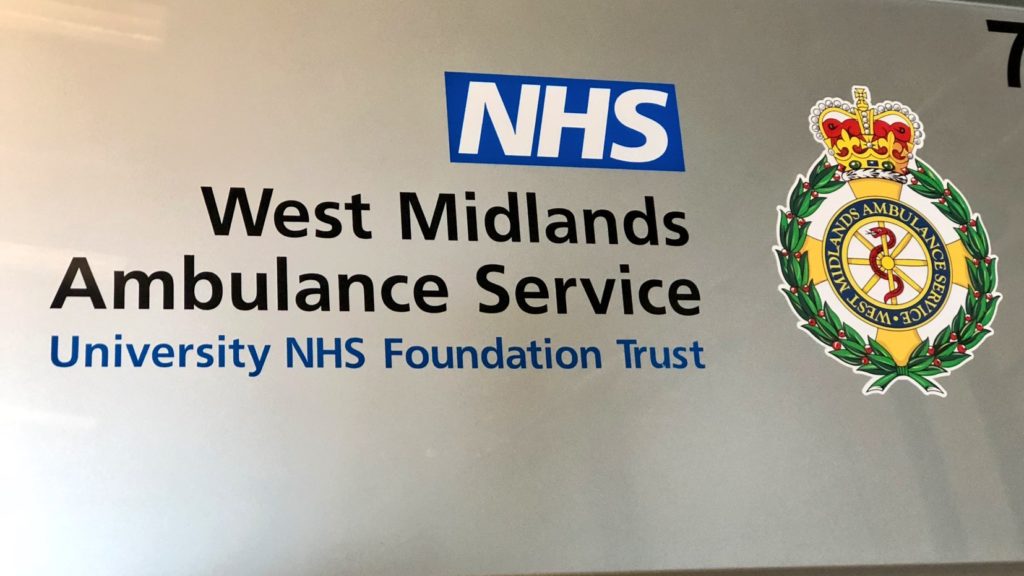 The University of Wolverhampton and West Midlands Ambulance Service have joined forces to create the UK’s first university-ambulance trust.
The University of Wolverhampton and West Midlands Ambulance Service have joined forces to create the UK’s first university-ambulance trust.
The two organisations have forged the new partnership which will see them both working together even closer on collaborative projects, research, sharing clinical expertise, joint curriculum development and staff exchanges.
It will also involve the University helping the service to develop and accredit the continuous professional development available to its staff. Already, the University’s Paramedic Science students are guaranteed a job with the service if they pass their course and all necessary professional tests.
The move means the service has changed its name to West Midlands Ambulance Service University NHS Foundation Trust, becoming the first university ambulance service in the country.
Another key part in the partnership will be the joint development of courses and research in the area of emergency management.
The University has recently set up its Emergency Management and Resilience Centre at its Telford Innovation Campus which looks at issues around emergency planning, disaster management, resilience and response at a local, regional, national and international level.
Speaking at a formal launch event at the University of Wolverhampton, Geoff Layer, Vice Chancellor of the University of Wolverhampton, said:
We are delighted to be working with West Midlands Ambulance Service to further strengthen the relationship and work between the two organisations.
We are training more and more paramedics and the partnership will see this level increasing further. We feel it also recognises the role of Paramedic as being at graduate level and a specialist position within the health service.
As well as the graduate level opportunities it will create, we are also excited about the collaborative work we will carry out with the service to help train and upskill their existing staff and working together on research around Emergency Management and Resilience.
Anthony Marsh, Chief Executive of West Midlands Ambulance Service, said:
This link up with the University of Wolverhampton formally recognises the role we play both in the education of paramedics and research activities to advance paramedic science. More and more of our staff are receiving a university education.
WMAS Director of Workforce and Organisational Development, Kim Nurse, said:
We have been the leading ambulance service in the development of paramedics through a university process. Our close partnerships and collaborations mean that over the last decade, literally thousands of students have undertaken placements with the Trust as they learn their profession.
Currently over 700 student paramedics are being trained with a more than 400 more entering full-time study.
West Midlands Ambulance Service works with four universities to train paramedics: the University of Wolverhampton, University of Worcester, Staffordshire University and University of Coventry. WMAS already have an extensive research portfolio, participating in work that is of international significance, and they see that work developing further over time.
This has included studies into the use of adrenaline in cardiac arrests; the use of pre-hospital blood products for traumatic haemorrhage; the use of continuous positive airway pressure (CPAP) in a prehospital setting for patients with acute respiratory failure; and the use of GTN in patients with hyperacute stroke.























